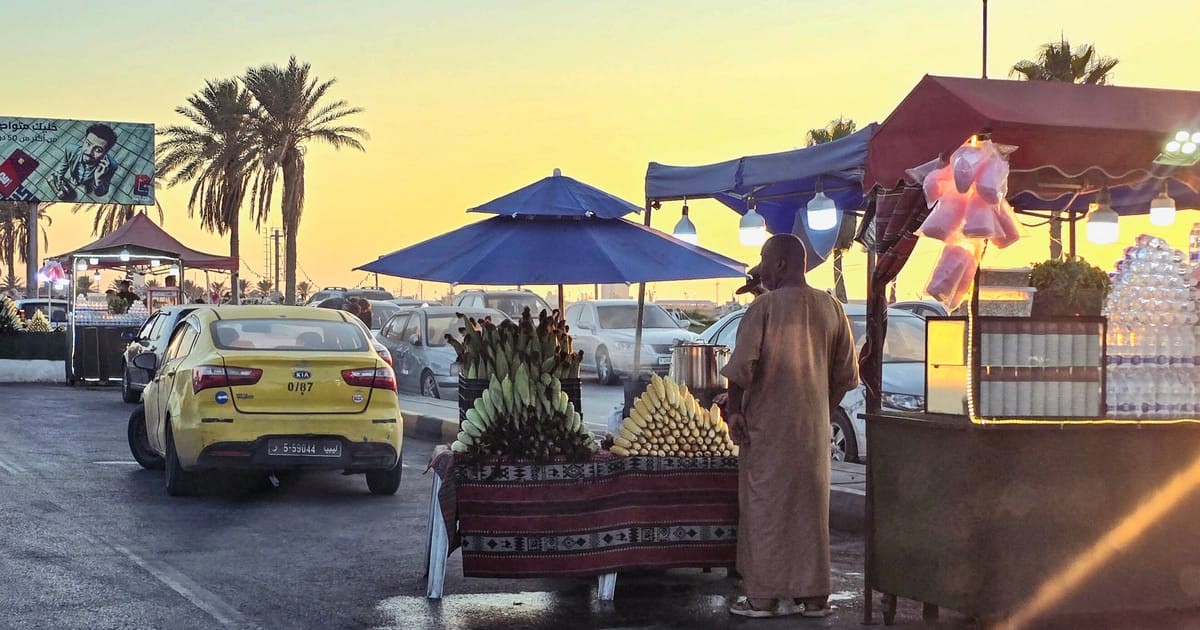

In a world constantly balancing precariously between conflict and resolution, recent events have underscored the complex nature of international relations. From a concerning shooting incident in Libya to heightened tensions in the Middle East and diplomatic maneuvers by international leaders, the unfolding global narrative beckons a mindful reflection on peace and progress.
In Libya, an alarming incident involving the shooting of British diplomatic staff has been reported, causing ripples of concern. This incident, while isolated, highlights the ongoing challenges faced by diplomatic missions operating in volatile regions. The exact motives and details around the shooting remain under investigation, with eyes on diplomatic channels to ensure the safety and security of foreign officials abroad.
Shifting focus to the ongoing Ukrainian conflict, former U.S. President Donald Trump emerged into the spotlight with a firm announcement of new weapon deals for Ukraine. This move, bolstered by the support from NATO allies, aims to strengthen Ukraine’s defense capabilities amid continuing tensions with Russia. Trump has also proposed severe tariffs on Russia, pressing for an end to hostilities within a 50-day timeframe. This aggressive stance indicates a nuanced shift in the U.S.’s approach towards the conflict, emphasizing strategic pressure as a tool for peace negotiations.
In Ukraine itself, conflict continues as Ukrainian intelligence successfully neutralized a cell of Russian agents suspected of a high-profile assassination. The ongoing military intelligence activities indicate the persistent and unfortunately complex nature of the conflict, necessitating a constant vigil to protect sovereignty and ensure regional stability.
In the Middle East, the situation appears particularly tense with the Israeli government’s proposal to construct a “humanitarian city” in Gaza stirring significant controversy. The project, intended as a form of relief for Palestinians, has been met with stark criticism. Former Israeli Prime Minister Ehud Olmert harshly compared it to a “concentration camp,” raising ethical and humanitarian concerns about its implications. The Israeli military has voiced opposition, and the project’s future could potentially affect the fragile ceasefire dialogues with Hamas.
The humanitarian crisis in Gaza has been exacerbated by airstrikes from Israel, with alarming casualty figures reported. Over 58,000 people have lost their lives, many of whom are women and children, according to health ministry reports. Recent airstrikes targeted civilians in search of water, resulting in tragic deaths and amplifying calls for international intervention. Coordination between humanitarian organizations and regional actors is urgently needed to alleviate suffering and support peace-building efforts.
The systemic and cascading effects of these conflicts are further illustrated by the ongoing violence in the West Bank, where settler attacks and military confrontations have resulted in further loss of life. The recent killing of a Palestinian-American has drawn international attention, prompting calls from his family for the U.S. State Department to hold perpetrators accountable.
In these multifaceted geopolitical landscapes, each incident illustrates the delicate balance that the world must navigate to foster peace and security. While the path forward remains fraught with challenges, it is critical that the international community remains engaged in dialogues that prioritize humanitarian relief, diplomatic engagements, and collaborative efforts for sustainable resolution.
In conclusion, as nations and individuals grapple with these complex global issues, it is a reminder of the persistent need for compassion, understanding, and active efforts towards peace. With each step, however small, that steers away from conflict, the possibilities of a harmonious future become a little more attainable.
Source: {link}
